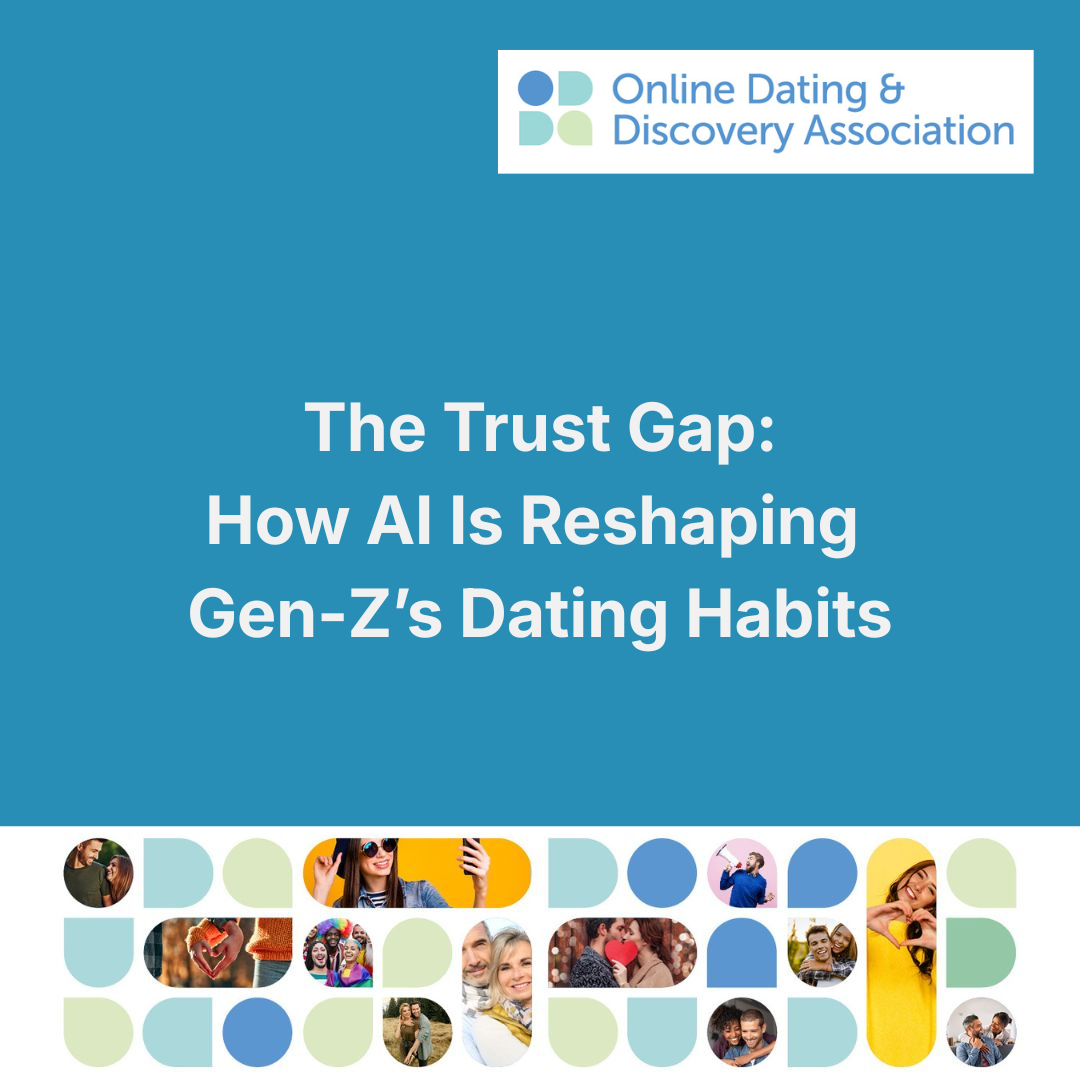
How to spot and avoid online dating scams
Online dating has become a normal part of modern life with around 10% of partnered adults having met their current significant other through a dating site or app.
But as online dating has grown in popularity, it has also opened the door to a serious and increasingly common problem – romance scams.
At Toro, we’ve seen scammers play on people’s trust and emotions to trick them out of money or personal information. Scammers aim to make you feel loved, needed, or responsible, all while moving you toward sending money or sharing personal information. To mark World Romance Scam day we wanted to share our advice on how to spot and avoid online dating scams.
What is a dating scam?
Romance scams, sometimes called dating fraud, happen when someone online pretends to be interested in a romantic relationship but is really after your money or personal information. They are methodical and often operate over weeks or months, carefully building trust before asking for anything.
These scams aren’t just emotional, they also form a type of cyber-enabled financial crime. Scammers often operate internationally, using fake profiles, burner phones, and VPNs to stay hidden. They exploit gaps between jurisdictions which makes it harder for authorities to track them down.
Common tactics include
- Fake profiles and stolen photos – Scammers often create entirely fake identities using pictures taken from social media, modelling sites, or even AI-generated images. They create backstories that feel believable, such as working abroad, being in the military, or having a high-powered job. These fake personas are designed to bypass your natural scepticism and make it easier for the scammer to gain your trust.
- Building trust – Once contact is made, scammers invest time and effort into building an emotional connection. They’ll send frequent messages, shower you with flattery, and perform small gestures that feel personal, like remembering minor details about your life. This is a deliberate manipulation tactic; by creating attachment, they make you more likely to comply with requests or overlook red flags. This is also known as “emotional social engineering” as the scammers exploit natural human empathy and trust to gain control.
- Fabricated crises – After trust is established, scammers introduce a crisis that only you can solve. It could be a sudden medical emergency, a visa problem, a business setback, or a travel complication. These crises create a sense of urgency, making victims feel responsible for helping, often before they have time to think critically. Scammers know that urgency makes people act before thinking and that’s exactly what they rely on.
- Requests for money or sensitive information – What starts as a small favour, maybe covering a delivery fee or buying a plane ticket, can quickly escalate into significant financial loss. Scammers might ask for access to your bank accounts, copies of identity documents, or help with investments. They often frame these requests as temporary or critical, so you feel compelled to act immediately.
Why people are targeted by romance scammers
Romance scams aren’t about weakness; they work because they tap into natural human emotions.
- Emotional pressure – Scammers play on trust, hope, or loneliness, making it hard to think clearly.
- Cognitive shortcuts – We often make snap decisions when flattered, rushed, or emotionally involved, this is the same tactic used in all scams.
- Secrecy and isolation – Encouraging you to keep the relationship hidden makes it easier for them to control the narrative.
Think of these scams as emotional phishing attacks. They’re designed to make you act before you stop to think.
Common red flags
Early detection is key, while each scammer has their own approach, there are patterns to look out for.
- Avoiding video calls or in-person meetings – Scammers often give excuses for why they can’t meet, claiming to be overseas, busy with work, or having technical issues. If someone always avoids showing themselves live, it’s a major red flag.
- Rushing the relationship – Expressions of intense love or commitment very early on are designed to lower your defences and create emotional dependence.
- Inconsistent stories – Pay attention to details that don’t add up. Small contradictions in their story can indicate the persona is fake.
- Requests for money or gifts – Any request for money, gift cards, or financial help is a red flag. Scammers often start small but escalate quickly.
- Secrecy and isolation – If your online partner discourages you from talking to friends or family about the relationship, this is intentional manipulation. They want to control the narrative.
- Pressure, guilt, or threats – Scammers know how to exploit emotions. They may make you feel guilty for hesitation or threatened if you don’t comply.
If you notice two or more of these red flags, pause and seek advice from someone you trust.
How to protect yourself
Keep personal information private.
Never share:
• Full name, date of birth, home address
• Bank details or identity documents
• Passwords or account access
Even seemingly small details can be used for identity theft or financial exploitation.
Stay on the platform
Keep conversations on the dating app or social media messaging service. Moving to encrypted or less-regulated apps is a common tactic used by scammers as they want to make it harder for anyone to see their activity.
Verify their identity
• Do a reverse image search on profile photos
• Search their name online along with “scam”
• Ask specific questions and check for consistency
Trust but verify – a principle as true online as it is in cybersecurity.
Never send money
No matter how convincing their story is:
• Don’t send money or gift cards
• Don’t allow access to your accounts
• Don’t take out loans or invest for them
Talk to someone you trust
Friends, family, or colleagues can spot warning signs you might miss when you’re emotionally involved.
What to do if you’ve been scammed
- Don’t delay – Don’t blame yourself or feel embarrassed. Scammers are professionals at tricking people, and it happens to millions every year. The faster you tell someone, whether it’s your bank, the platform, or the authorities, the more damage you can prevent.
- Contact your bank – Freeze your accounts and flag suspicious activity.
- Check for identity theft – Monitor your credit and use fraud-protection services.
- Report it – Use the platform’s tools and notify authorities.
- Avoid recovery scams – Anyone claiming they can get your money back is usually another scammer, so it’s important to go through the official channels.
Quick action can prevent further losses and protect your information.
The security professional’s mindset
Treat online dating like cyber security – trust, but verify. Protect your personal data, watch for red flags, and confide in people you trust. Romance scams are essentially emotional phishing attacks; they exploit hope and trust, just like other scams exploit fear or greed. Paying attention to signs like manipulation, urgency, and secrecy can help you stay safe.
Final thoughts
Romance fraud is emotionally manipulative and financially dangerous. Protect yourself by:
• Keeping personal information private
• Verifying identities carefully
• Watching for red flags
• Talking to trusted friends or family
You can download a copy of this advice here.
Modern attackers don’t just target one vulnerability – they target cyber, physical, and human weaknesses at the same time. It’s a multi-layered attack, and most defences are too siloed to stop it.
This is why Toro is different.
Toro Solutions is a leading UK-based security consultancy specialising in the delivery of converged security. Our mission is simple – we exist to enable society, businesses & governments to thrive in a safe & secure space.
- We PLAN by providing businesses with the right information to make informed decisions and prepare for evolving threats.
- We ATTACK our clients with real-world simulations to uncover gaps before adversaries do
- We DEFEND their operations and critical assets
- We MANAGE cyber and physical security along with IT infrastructure for reliability and resilience
- We RESPOND rapidly when threats arise
Most clients just want a single trusted security partner that can manage all their security needs so their business can grow and succeed, Toro is this partner.
To find out more visit: torosolutions.co.uk










































